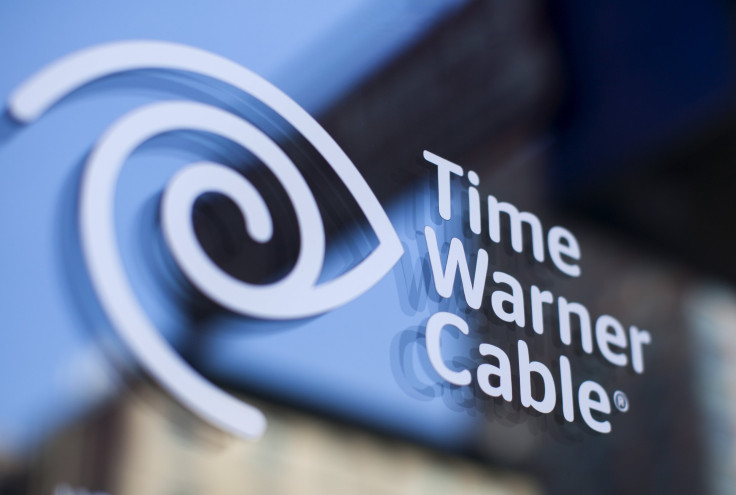California Judge Backs Charter-Time Warner Cable Deal, With Conditions

A California administrative law judge recommended approving Charter Communications Inc.'s proposed acquisition of Time Warner Cable and Bright House Networks with some significant conditions, according to a decision made public late on Tuesday.
California is the last state where the deal still faces approval. The approval by various states is in addition to a decision by the U.S. Federal Communications Commission, which is continuing its review of the transactions that would make Charter the No. 2 U.S. internet and cable company after Comcast Corp.
In California, the decision faces a vote by the California Public Utilities Commission (CPUC) as early as May 12.
Charter said last May it would buy Time Warner Cable, the fourth-largest U.S. cable company, in a $56 billion cash-and-stock deal. Charter also announced in March 2015 it would buy Bright House Networks in a $10.4 billion deal.
In his proposed decision, CPUC Administrative Law Judge Karl Bemesderfer found that the merger was "in the public interest."
But the 70-page proposed decision imposes significant conditions on Charter. Within two and a half years of closing the transaction, Charter must convert all households in its California service territory to an all-digital platform with download speeds of not less than 60 Mbps -- higher speeds than many users currently have.
In addition, Charter must offer all customers in California the option of acquiring their own modems and cable set-top boxes without any price increases.
The proposed decision also says Charter must comply with the FCC's open internet "net neutrality" order -- even if a federal appeals court strikes it down. A court ruling on the FCC order could come as early as this week.
California's five-member commission often amends a proposed decision before approving it. A commissioner could also propose an alternate decision.
Charter said in a statement late Tuesday it was "pleased the regulatory process is moving forward and will continue our productive engagement at the California Public Utilities Commission as we work toward obtaining final approval in the weeks ahead and bringing the benefits of New Charter to more Californians.”
The proposed decision would impose other restrictions on Charter for three years: It could not adopt fees for users to use specific third-party internet applications and could not engage in usage-based billing or impose data caps during that time frame.
Last week, Charter's chief executive met with the head of the FCC on the proposed tie-ups.
New Charter would be the third-largest pay-TV provider in the country, serving roughly 17.3 million customers, and the second-largest broadband provider, with 19.4 million subscribers in nearly 40 states.
© Copyright Thomson Reuters 2024. All rights reserved.





















